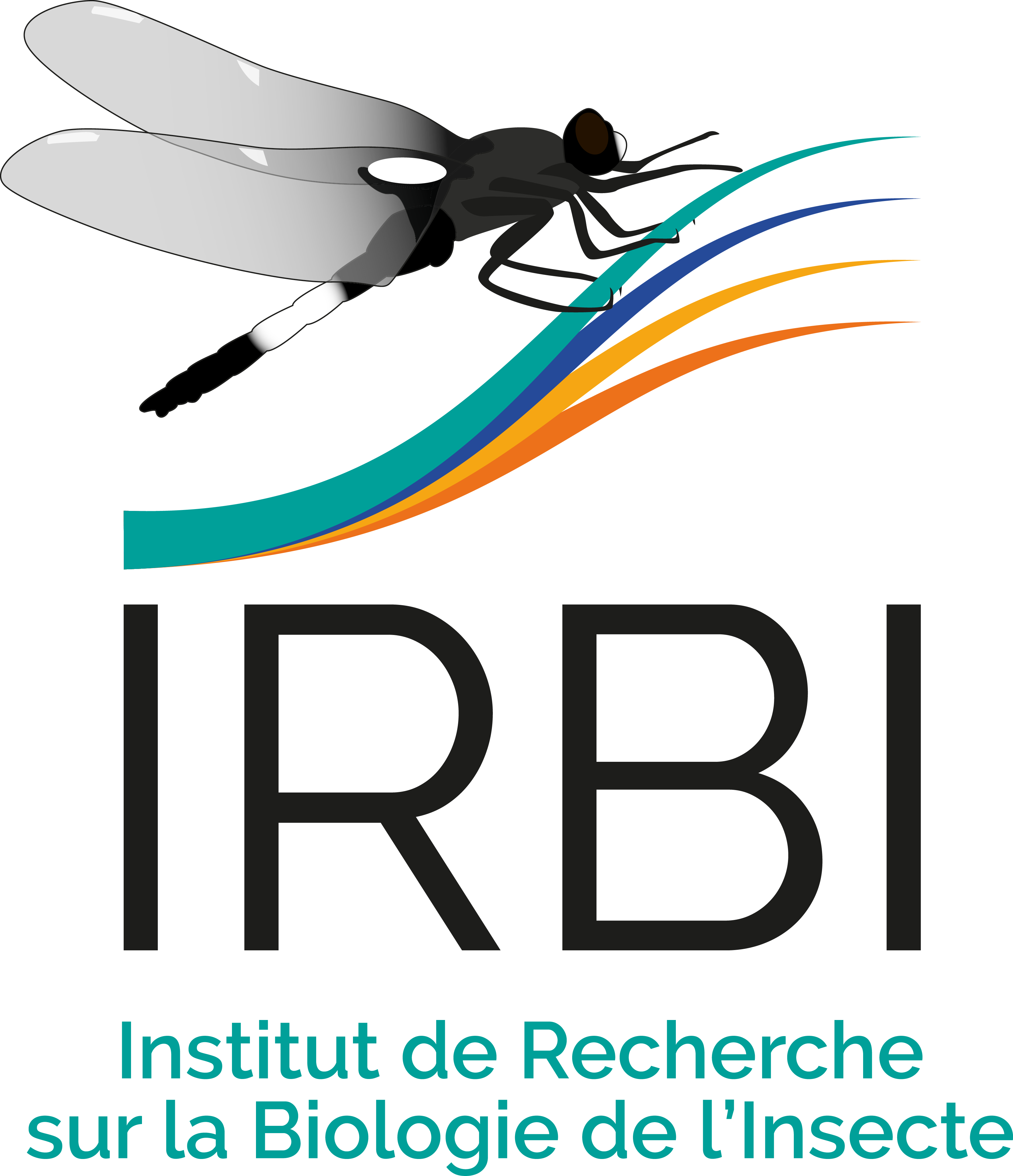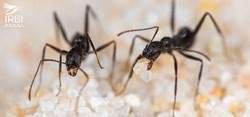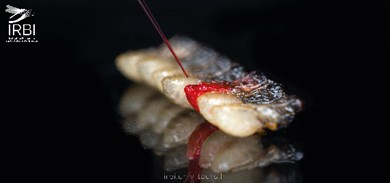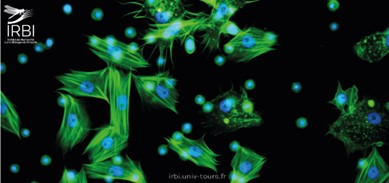Home
Follow irbi news here
The IRBI is dedicated to the analysis of interactions between insects and their biotic and abiotic environment..
The IRBI is a joint research unit of the University of Tours and the CNRS (UMR 7261) to which it is attached through the Institut Ecologie et Environnement (INEE). The diversity of expertise has been perpetuated since the unit's creation (1961) by bringing together under one roof researchers and lecturers from different disciplines (e.g. ecology, physiology, genetics, (bio)chemistry, physics, bioinformatics and mathematics), making the IRBI a rare place with an asserted international identity on insect sciences.
In order to understand the puzzle of life and to confront the complexity of biological systems, their functioning and their evolution, the IRBI thus implements a resolutely integrative approach at the interface between the organismal biology, ecology (in its mainly molecular, chemical, physical and behavioural dimensions), and evolutionary biology. The areas of transfer range from biological control for sustainable agriculture to the development of new technologies for the control of vector and invasive insects in urban and natural environments, as well as biomimicry or the production of insects for feed and food (the latest IRBI publications).
These research topics are developed by three research groups and within a cross-cutting theme:
IMIP. Biodiversity and interactions between micro-organisms / insects / plants
ESORE. Social evolution and responses to the environment
INOV. Interactions organisms-environment: mechanisms and responses to global changes
Cross-cutting theme: Food and health strategies for tomorrow
Keywords : Pheromones, Communication, Metabolism, Adaptation, Symbiosis, Systématics, Interactions, Microbiote,
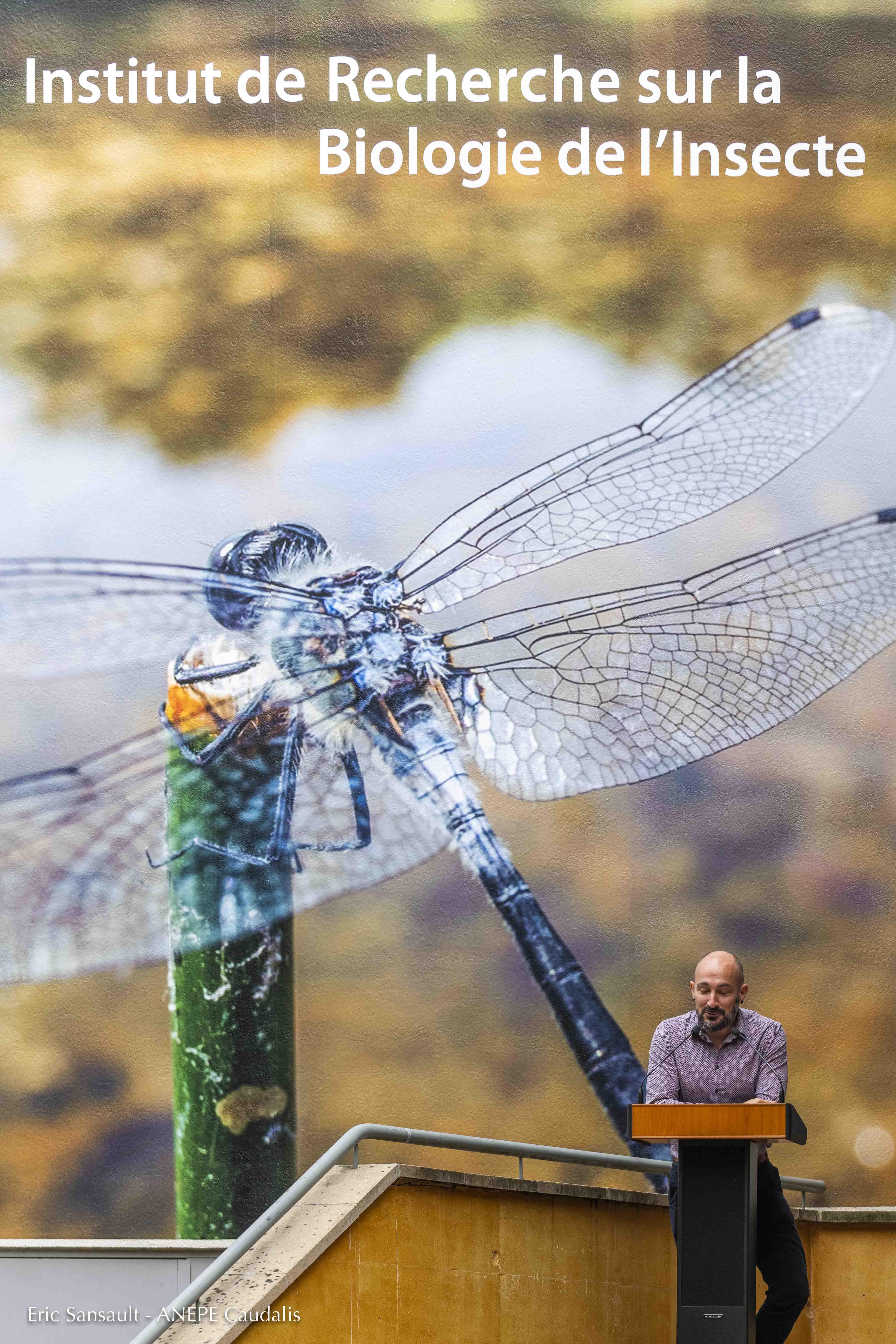
UMR 7261 Centre National de la Recherche Scientifique / University of Tours
Faculty of Science and Technology
Avenue Monge, Parc Grandmont
37200 TOURS (France)
Tél : 02 47 36 69 11
Fax : 02 47 36 69 66
Mail: contact.irbi@univ-tours.fr

